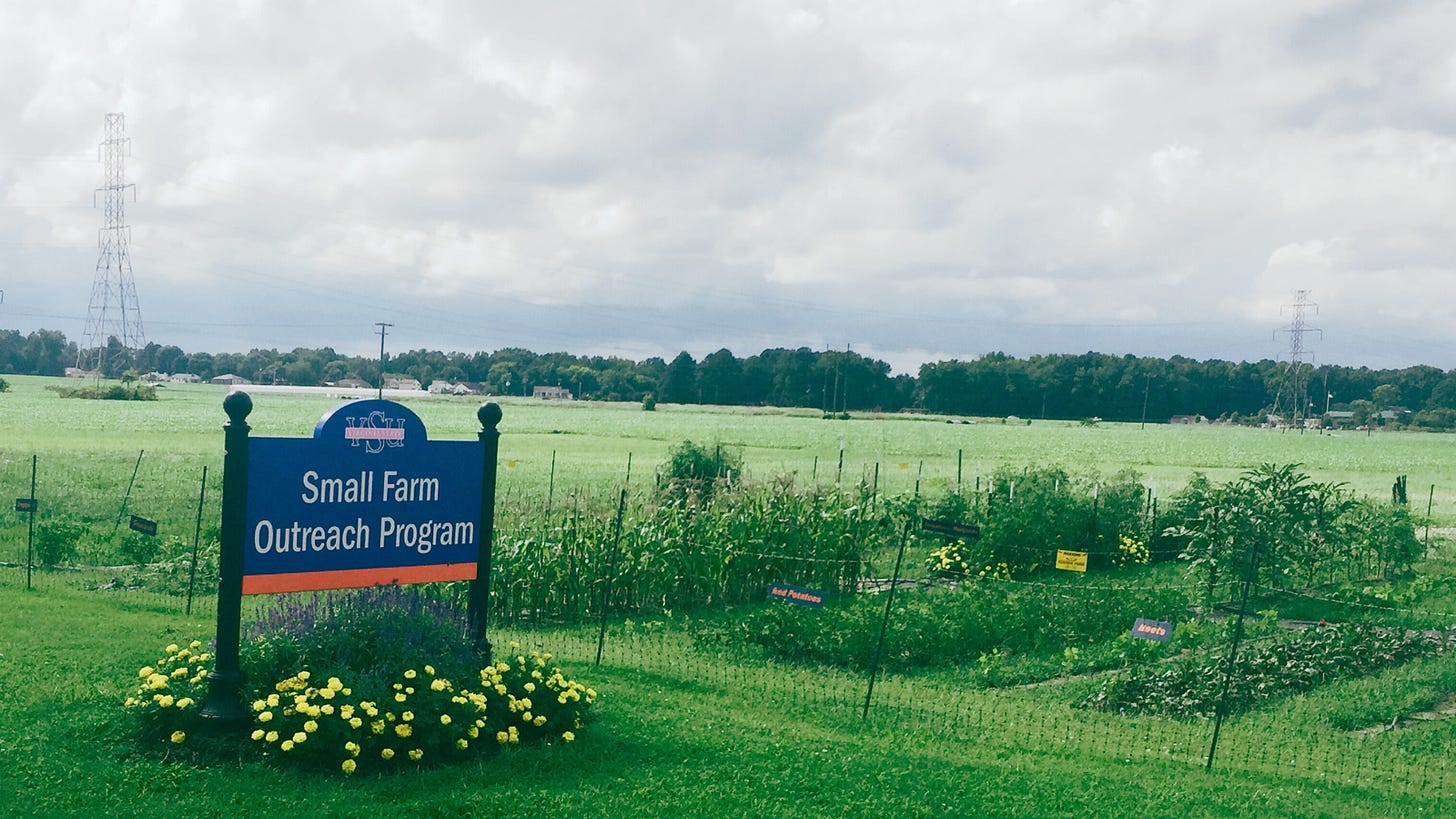Your Food Security Is Not Partisan: The Crisis Facing American Farms
And the choice we have to fight against it
As stories break about hardships Americans are facing as a direct result of Trump’s presidency, I hear news stations airing interviews of people who voted for him that are suffering, or regretting their choice for some reason.
The park ranger who wanted fertility treatment and then got fired from her job and can’t afford anything. The first generation Me…



